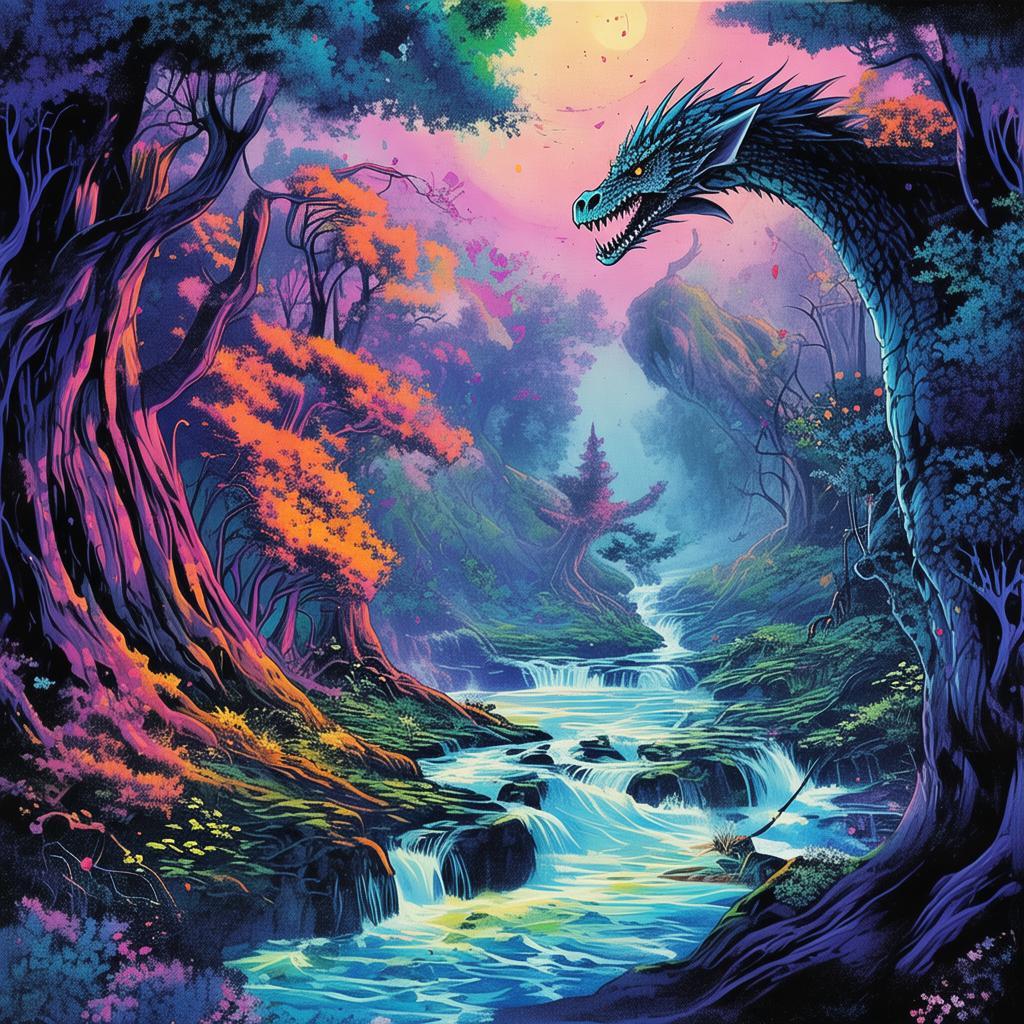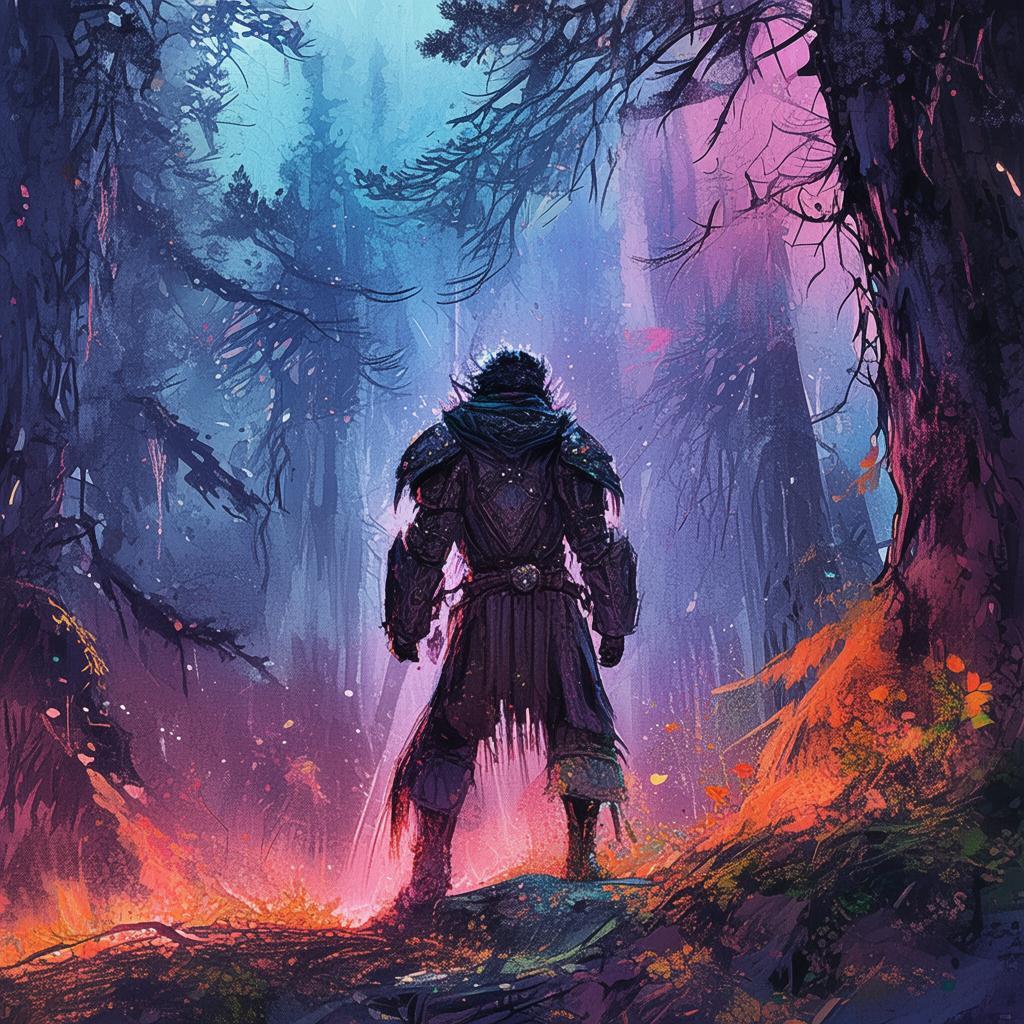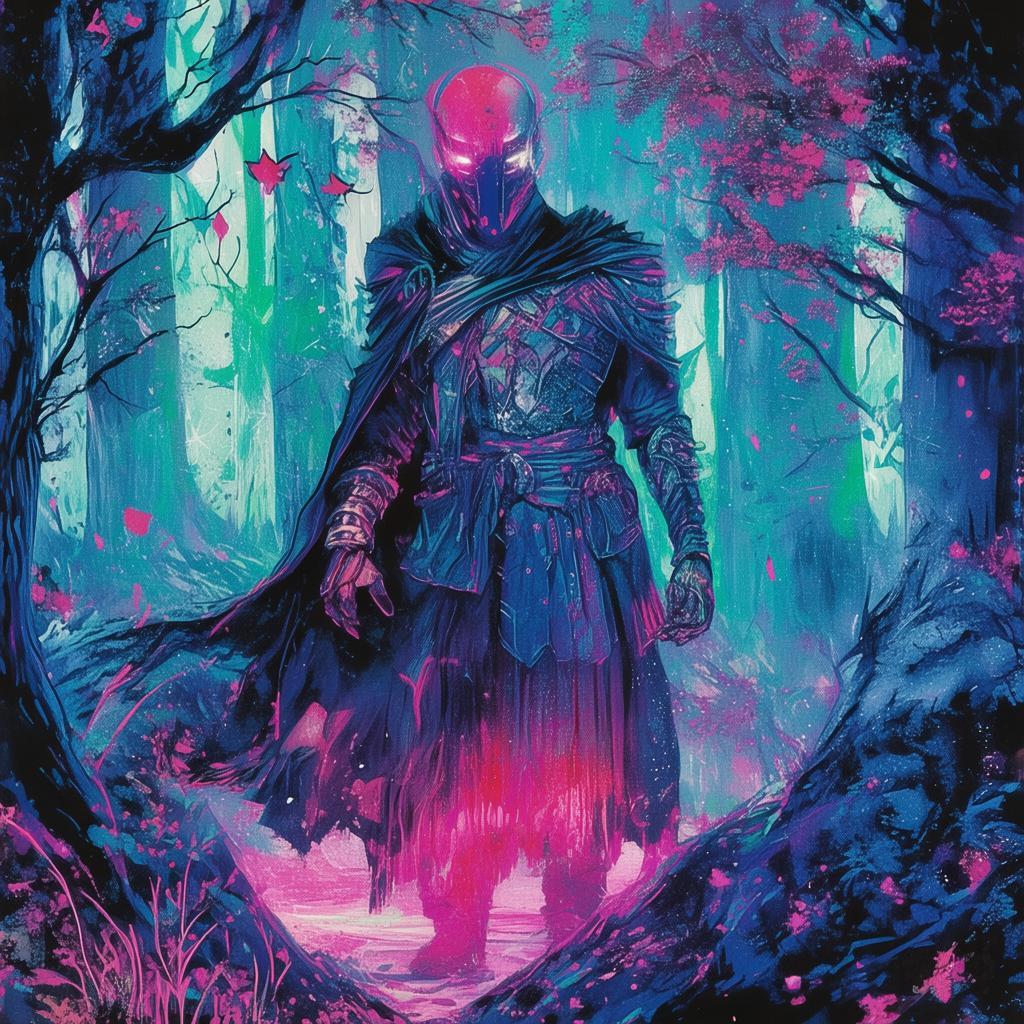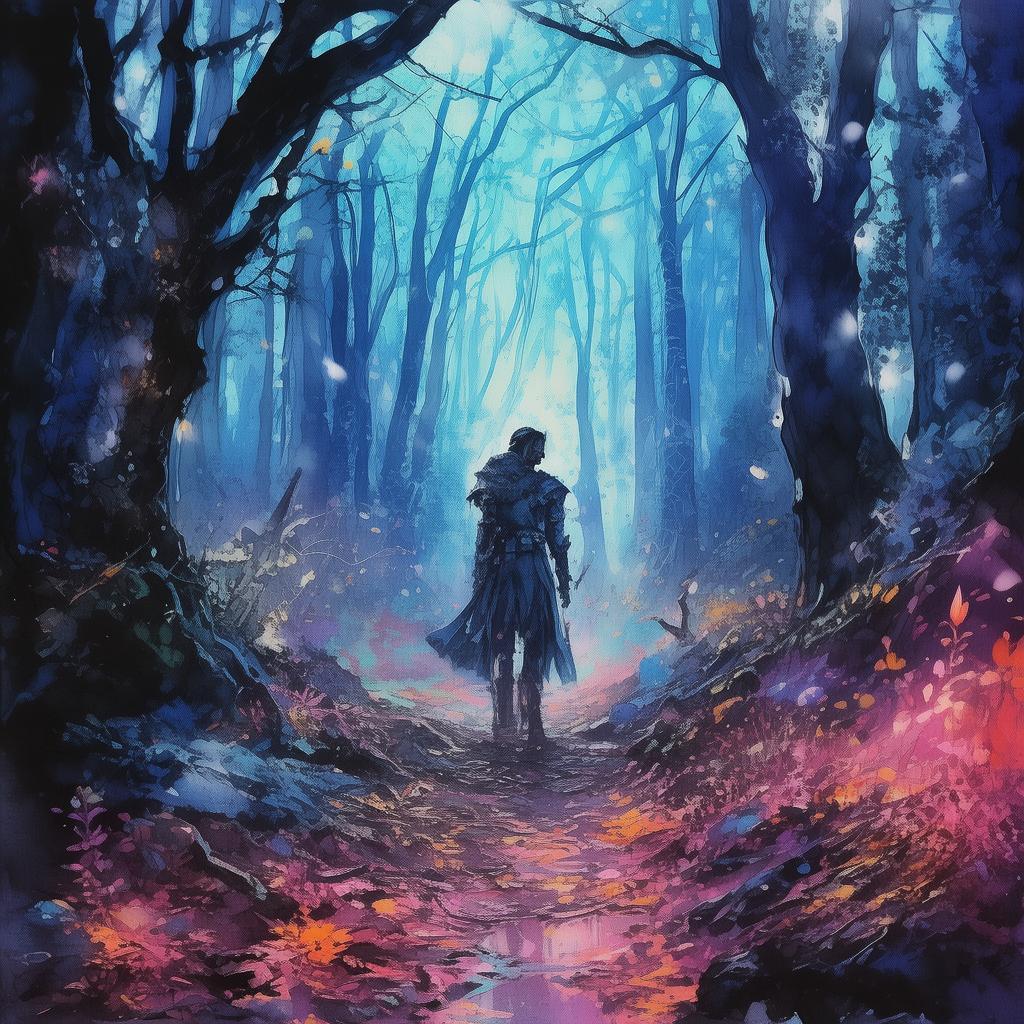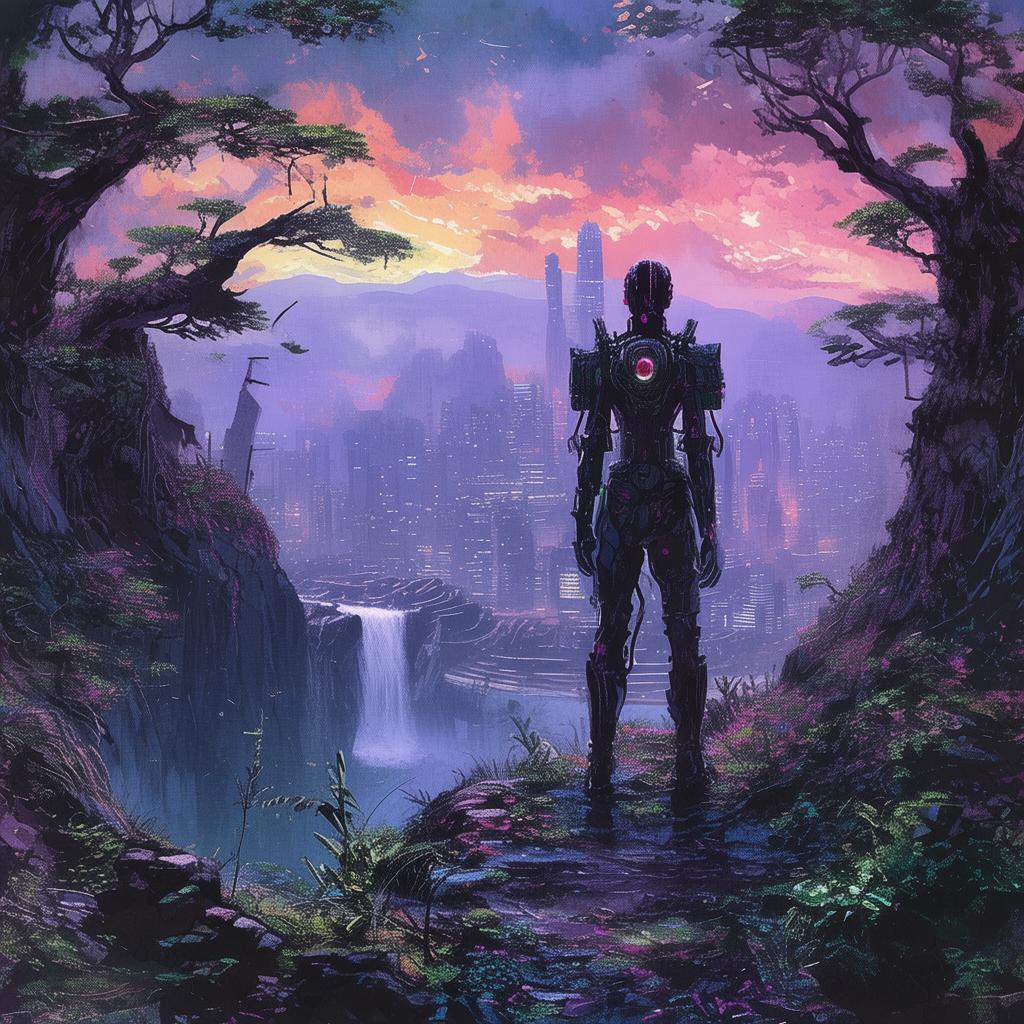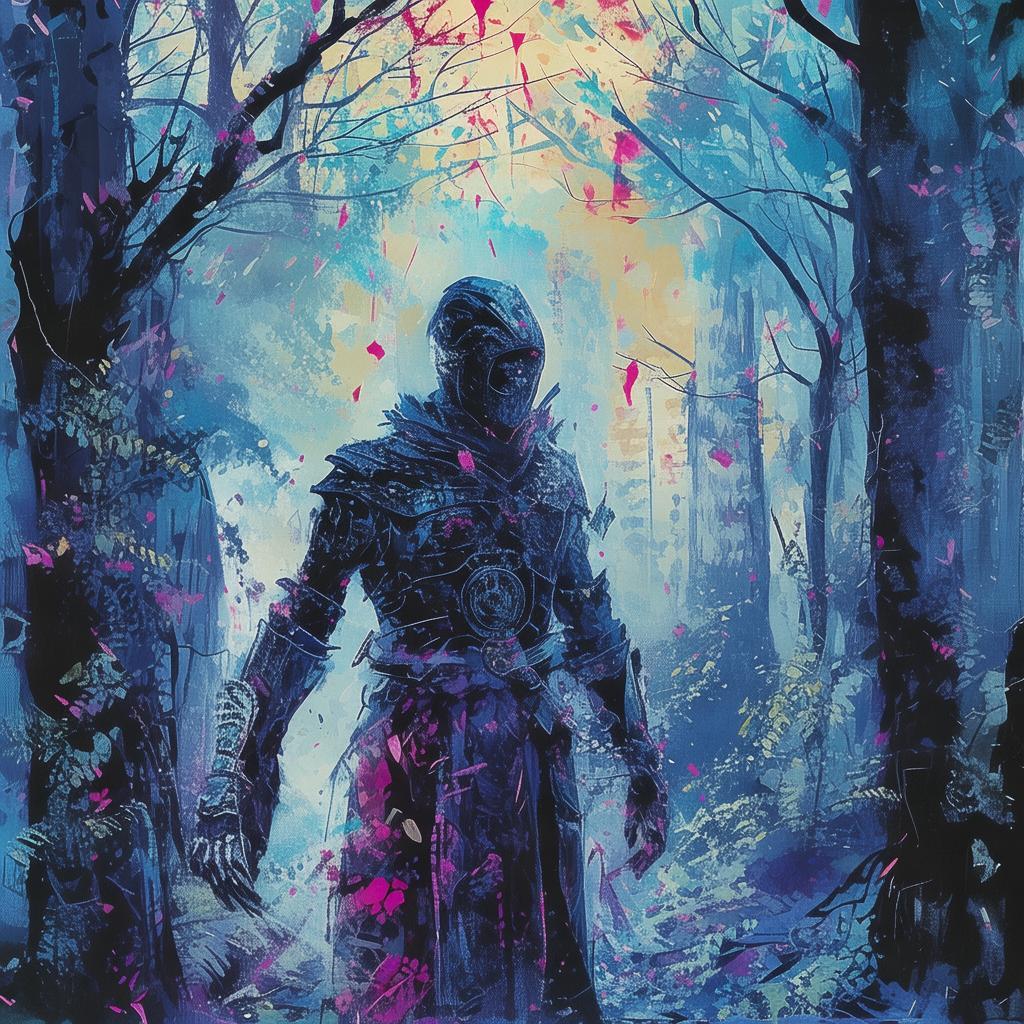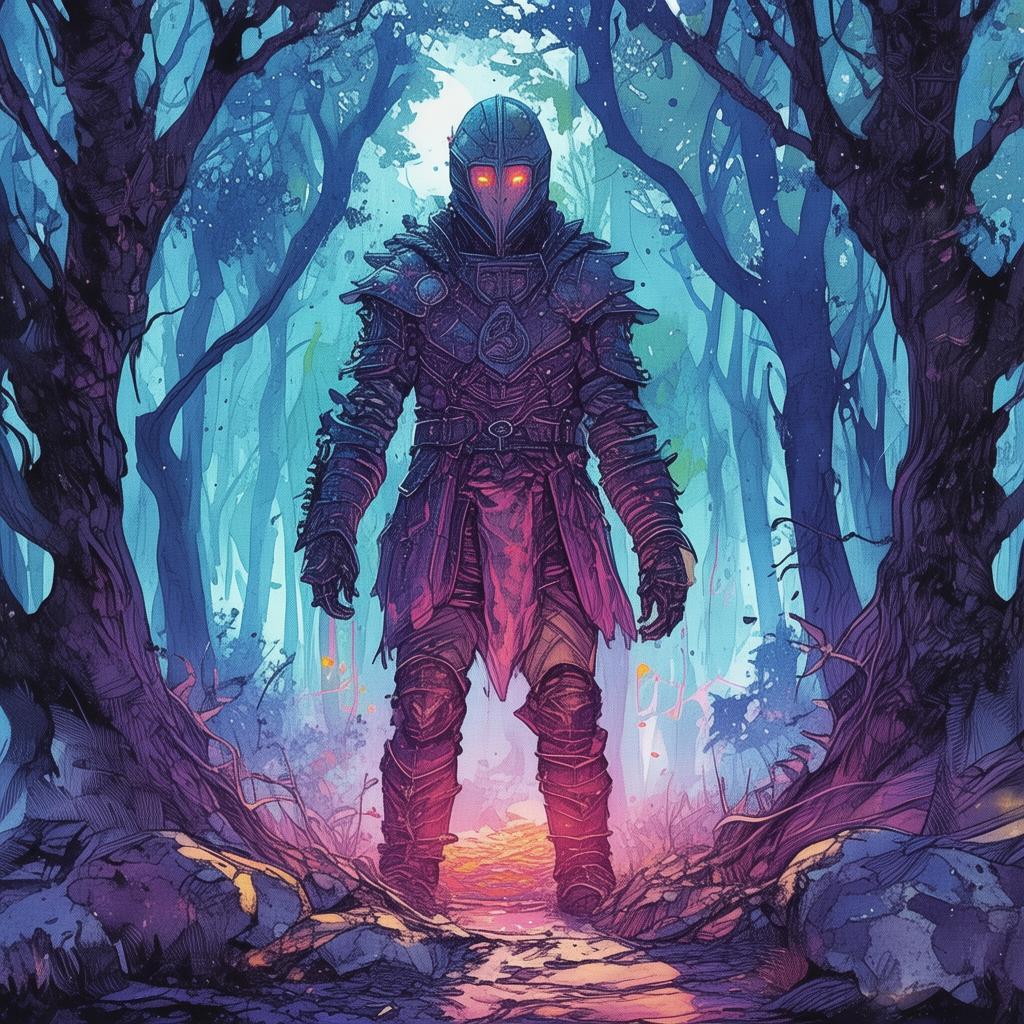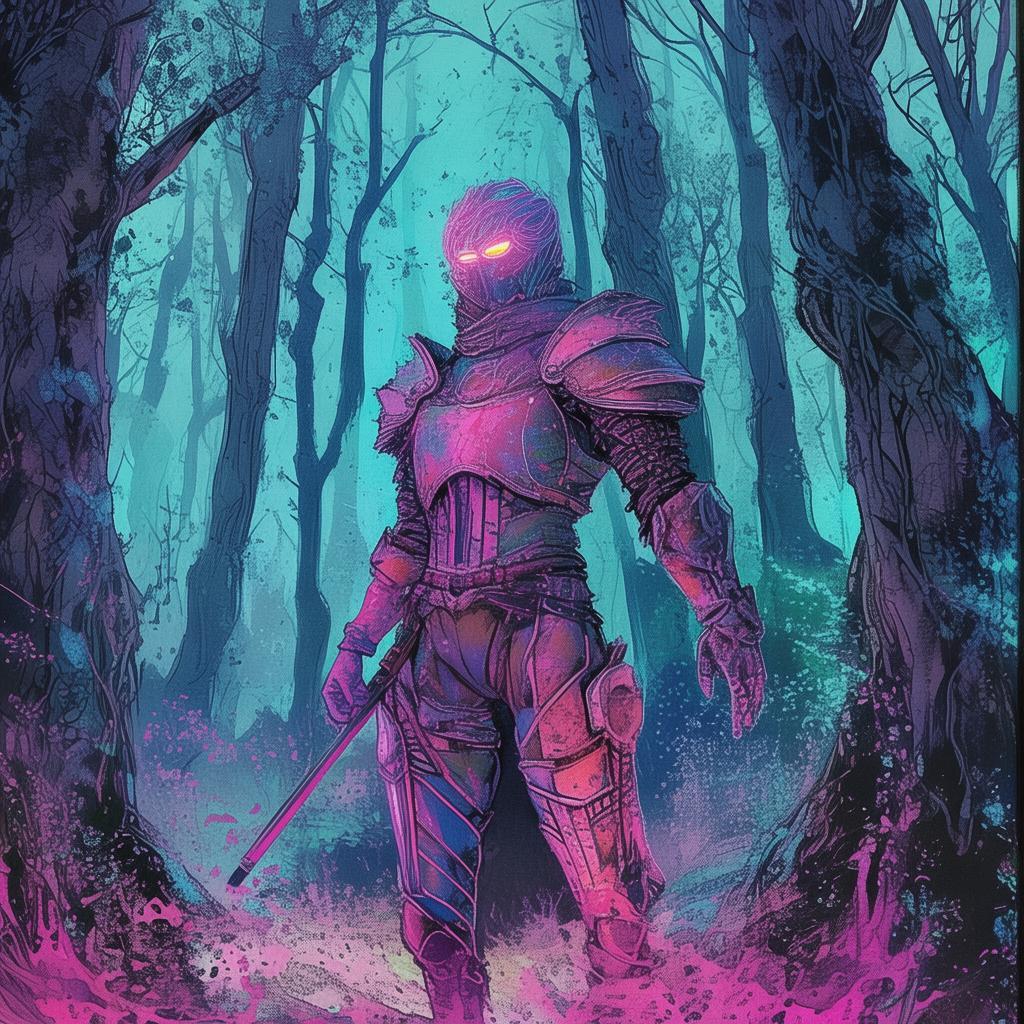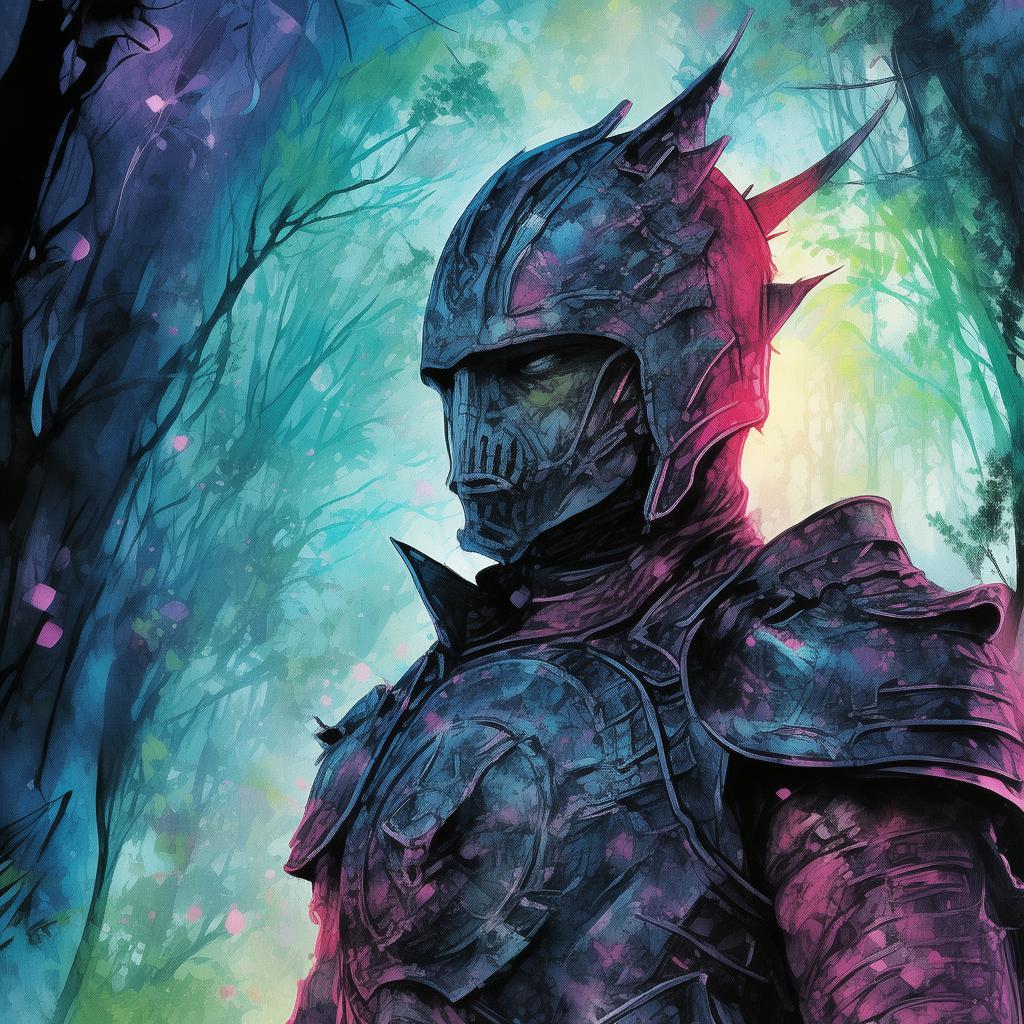The Harvest of Betrayal: A Tale of War and wheat
In the heart of a war-torn land, where the earth had been scarred by the relentless march of soldiers and the greed of conquerors, there lived a farmer named Eirik. Eirik was not a man of great wealth or power, but he was a man of the soil, a steward of the wheat that grew in the fields surrounding his modest home. His life was simple, his days filled with the toil of tending to his crops and the quiet joy of watching the wheat grow, its golden waves swaying in the gentle breeze.
The war had reached Eirik's village, and the wheat fields were no longer a place of serenity but a battleground. The soldiers, weary and hungry, sought sustenance wherever they could find it. Eirik, with his hands calloused from the work of the fields, had become a symbol of hope for many. His wheat, untouched by the plow of war, was a promise of life in a world gone mad.
One day, a man approached Eirik, his eyes filled with a desperation that Eirik had never seen before. "Eirik," he whispered, his voice trembling, "the soldiers are coming. They will take your wheat, your life's work. They will not stop until they have it."
Eirik's heart sank. He knew the truth of the man's words. The soldiers were relentless, and their hunger was a beast that could not be sated. But Eirik also knew that to give in to the soldiers would be to betray the spirit of his ancestors, the spirit of the wheat that had nourished his people for generations.
"You must hide it," the man implored, handing Eirik a small, intricately carved wooden box. "It is the seed of our survival. If the soldiers find it, they will destroy everything."
Eirik took the box, feeling the weight of the responsibility it carried. He knew that to keep the seed safe meant to risk his own life. But he also knew that to lose the seed would be to lose hope.
As the soldiers approached, Eirik's mind raced. He had to protect his wheat, but he also had to protect the seed. He decided to hide the box in the deepest part of his wheat field, a place that even the most desperate soldier would not think to look.
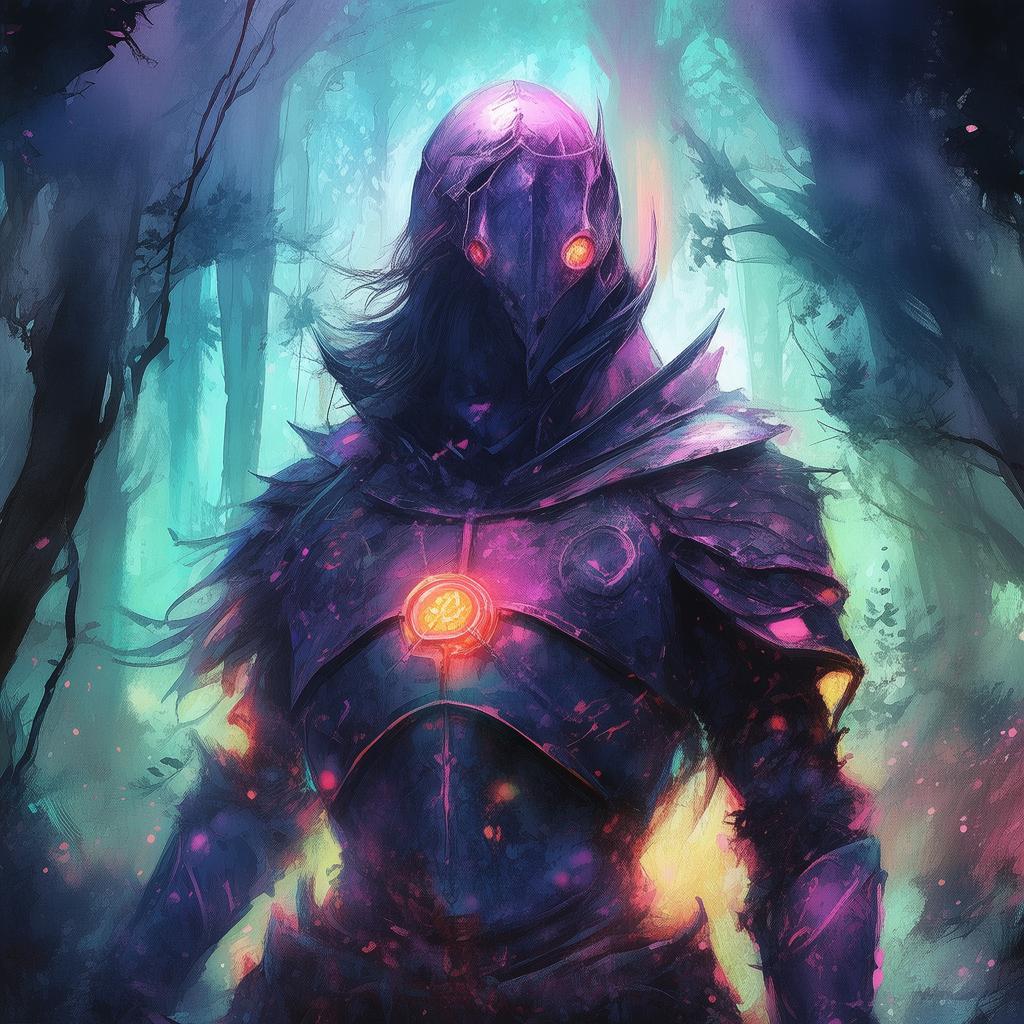
But as he buried the box, he felt a presence behind him. He turned to see a soldier, his eyes gleaming with malice. "You think you can hide this from us, farmer?" the soldier sneered.
Eirik's heart pounded in his chest. He knew that to resist would be futile. He raised his hands in surrender, but before the soldier could take him, a shot rang out. The soldier stumbled, and Eirik turned to see his savior, a young woman with a determined gaze.
"Stay back," she ordered, her voice steady despite the chaos around her. "I will handle this."
The woman stepped forward, her hand on the soldier's wrist. "You will not take what does not belong to you," she declared. "This is the harvest of the people, not the spoils of war."
The soldier, taken aback by the woman's bravery, hesitated. But it was only a moment before another soldier appeared, his eyes filled with anger. "You will not interfere with the will of the conquerors!"
The woman's eyes narrowed. "Then I will be the will of the conquered," she replied, and she lunged at the soldier, her hands wrapping around his throat.
The soldiers fought back, but the woman was a warrior, her movements swift and deadly. She fought with a ferocity that left the soldiers in awe. In the end, it was the woman who stood victorious, her breath coming in ragged gasps.
Eirik watched in disbelief as the woman turned to him. "You must keep the seed safe," she said, her voice barely above a whisper. "It is the key to our survival."
With that, she vanished into the chaos of the battlefield, leaving Eirik alone with his thoughts and the weight of the box in his hands.
For days, Eirik guarded the seed, his mind racing with the possibilities of what could happen if the soldiers discovered its existence. But the soldiers were preoccupied with the immediate needs of war, and the seed remained hidden.
Finally, the war ended, and the land was quiet once more. Eirik emerged from his hiding place, the seed in his hands, and began to plant it. The wheat grew, strong and resilient, a testament to the endurance of life.
Years passed, and the village began to rebuild. Eirik's wheat became the symbol of hope, the source of food for the people, and the reminder of the strength that lay within them.
The tale of Eirik and the seed spread far and wide, a legend of survival and the enduring spirit of peace. And in every field where the wheat grew, there was a whisper of the farmer who had hidden the seed, and the woman who had fought to protect it.
The Harvest of Betrayal was a story that would be told for generations, a tale of war and wheat, of survival and loyalty, and of the enduring power of hope.
✨ Original Statement ✨
All articles published on this website (including but not limited to text, images, videos, and other content) are original or authorized for reposting and are protected by relevant laws. Without the explicit written permission of this website, no individual or organization may copy, modify, repost, or use the content for commercial purposes.
If you need to quote or cooperate, please contact this site for authorization. We reserve the right to pursue legal responsibility for any unauthorized use.
Hereby declared.
